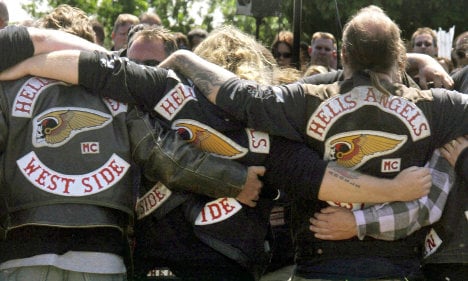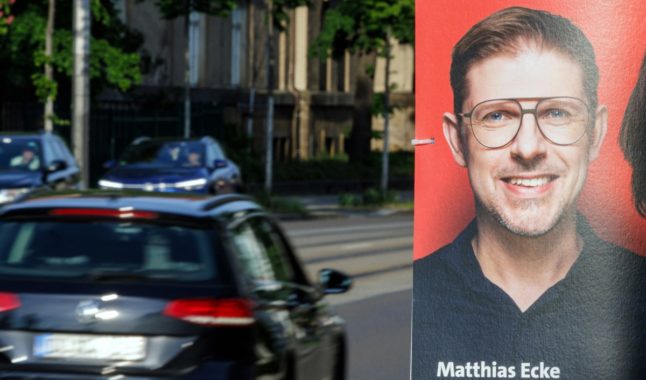Negotiators for both gangs reached a deal on Monday in a prominent Hannover lawyer’s office, and will publicly seal the agreement with a handshake and a press conference on Wednesday, according to news magazine Der Spiegel.
The pact comes just a few weeks after Schleswig-Holstein became the most recent state to outlaw specific chapters of the groups, calling them a threat to constitutional order.
Further bans are up for discussion at a conference of state interior ministers planned for Thursday and Friday in Hamburg, where The Hells Angels were banned in 1986, but have continue to operate under different names.
The new peace agreement applies to all gang members, and violations will be handled internally, Der Spiegel reported.
The violent conflict between the rival groups has made nationwide headlines in recent months. German authorities cracked on both gangs with a series of raids, confiscating illegal weapons, drugs, counterfeit money, stolen motorcycle parts and other contraband. There were also shootings, including the murder of a police officer on March 17, 2010.
According to Der Spiegel, the groups are tired of the attention.
“We have no desire to be portrayed as criminals any longer,” a Bandidos member identified as Mischa told the magazine. “It must end.”
An unnamed criminologist who specialises in biker gang activity told the magazine that the peace deal is an attempt at creating a new image for the groups.
“The bikers seem to have recognised that the continued conflict threatened them and offered ever fewer opportunities to earn money,” he said.



 Please whitelist us to continue reading.
Please whitelist us to continue reading.
Member comments